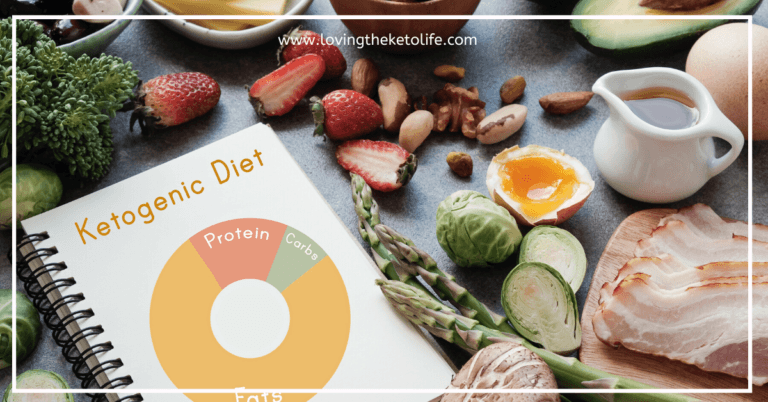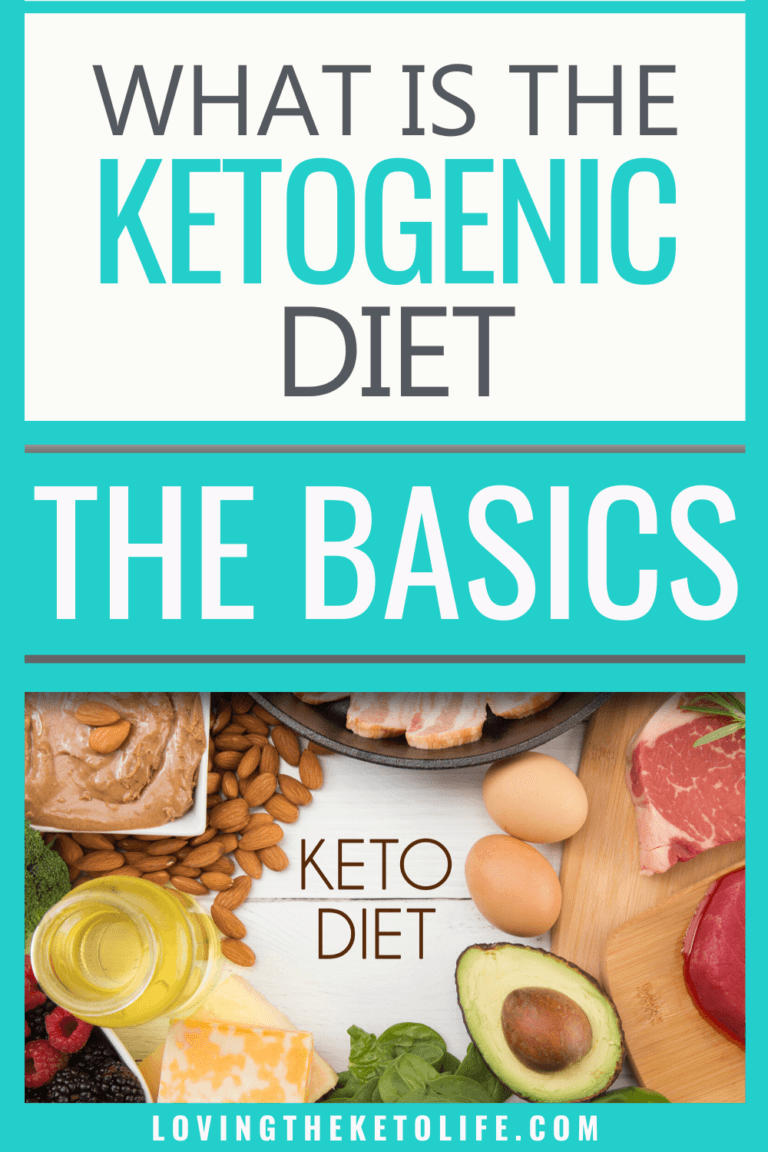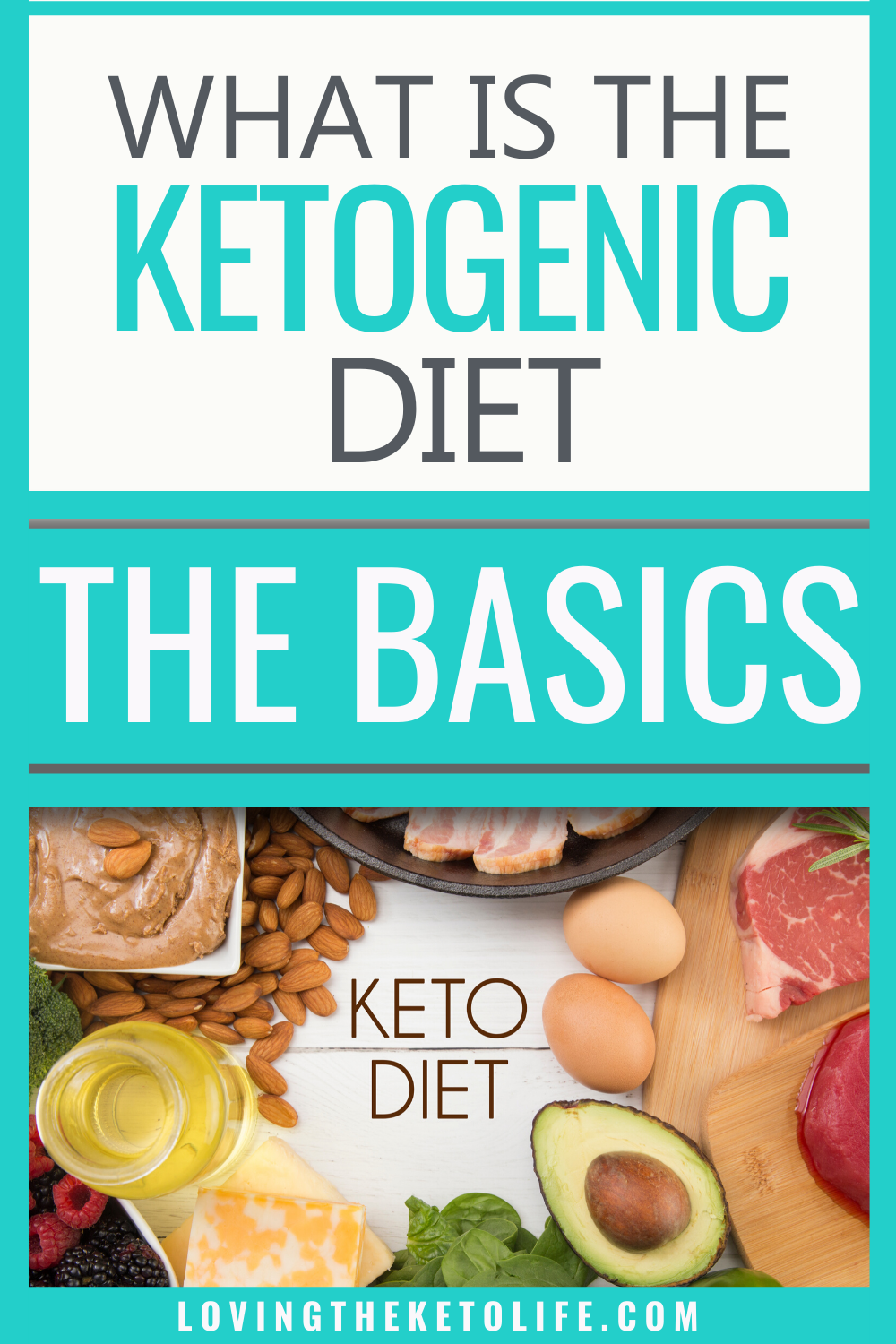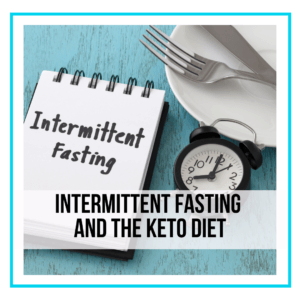
If you’ve been a follower of diet fads, you’ve probably heard of the Ketogenic diet.
The Ketogenic Diet (commonly referred to as Keto) is one of the newer mainstream diets to cause waves, but it isn’t actually a new diet.
It was first developed as a form of dietary therapy for patients with epilepsy. It was popular during the 1920s and throughout the 1930s but keto fell out of practice when more effective anticonvulsant medications came out.
However, some forms of epilepsy are resistant to medications. Keto is used in addition to anticonvulsant medicines in these cases. It’s a form of dietary therapy still used today.
Because they found that the keto diet could also make the patient lose considerable weight, it rose and fell as a diet regimen during the next few decades.
What is the Ketogenic Diet
Simply put, the keto diet is a very low-carb, high-fat diet.
It became so popular that it has even branched into different types, including:
- Standard: The classic keto. The typical ratio is 5% carbohydrates, 20% protein, and 75% fat.
- Cyclical: Instead of doing keto every day, dieters have days where they eat carbohydrate-rich foods. An example would be doing keto for 5 days and then 2 days where carbohydrates is allowed.
- Targeted: This type of keto involves a workout regimen, and carbohydrates is normally allowed, but controlled.
- High Protein: A modified classic keto where the ratio is tweaked to include a bit more protein. The typical ratio is 5% carbohydrates, 35% protein, and 60% fat.
Most casual dieters go with the standard or high protein versions of keto. The cyclical and targeted versions are more advanced, and are usually used by athletes and bodybuilders.
How Does Keto Work
The basic principle of keto is sustaining a low carb, adequate protein, and high fat diet. Because the body consumes low quantities of carbohydrates, it’s forced to turn to other sources of energy to burn. Ideally, this should be fat.
Normally, the body burns carbohydrates into energy and stores excess carbohydrates as body fat. However, it’s so easy to eat more than what the body needs because most of today’s foods are loaded with carbohydrates. Sweet sugary drinks, breads and pastas, and sinful desserts are all carbohydrate-rich foods. Add that to a sedentary or “cubicle” lifestyle and it’ll be easy to see why so many people are obese.
Keto forces the body into burning fat by depriving the body of its main energy source. When the body is low in glucose, which is what carbohydrates becomes after the body breaks it down for food, the body goes into a metabolic state called ketosis. This is where the Ketogenic diet got its name.
Once in ketosis, the body turns to using ketones for energy instead of glucose. There are always small amounts of ketones in the blood, but to make more, the body converts fat reserves into ketones. The liver breaks down fat into fatty acids, then to ketones, and releases the ketones in the bloodstream. The blood can then supply ketones to the brain for energy.
Because of keto’s low carb and high fat diet, the body is more inclined to go into ketosis. With keto, the body’s carbohydrate intake is usually very low, for many this may start at just 20 grams a day. Even with a low-maintenance lifestyle, your body will quickly run out of glucose if you eat just 20 grams of carbohydrates.
However, ketosis doesn’t happen in a snap. It usually requires around 3-4 days of continued keto before the body goes into ketosis. But once your body goes into ketosis, it’ll burn fat non-stop—until you give it enough glucose by eating carbs again.

Health Benefits of the Keto Diet
It should be noted that for most people on the keto diet, the purpose is for weight loss, which is a health benefit itself. However, there are quite a few other health benefits that can be attributed to keto. These include:
- Management of Epilepsy: As was already mentioned, the keto diet was originally intended as a dietary therapy for epilepsy. A recent 2019 review in the journal Frontiers in Neuroscience, discusses evidence showing that the Ketogenic Diet and its variants are a good alternative for non-surgical pharmacoresistant patients with epilepsy of any age…” You can read the full article here.
- Management of Diabetes and Prediabetes: Given the link between obesity and diabetes, it makes sense that the weight loss keto provides, would help manage the effects of diabetes or prediabetes.
A review in the journal of Nutrition and Metabolism, published an article regarding a medical study that was done with Type 2 Diabetics who were placed on a basic low-carb diet and a ketogenic low-carb diet. Both were successful at managing diabetes and weight loss but show the ketogenic diet to be more successful. You can read the full article here.
There is also a 2017 review in the journal Nutrients that show the keto diet helped reverse Type 2 Diabetes. You can read the full article here.
- Prevention of Heart Diseases: Many cardiovascular diseases are linked to obesity. Everyday Health posted an article “Can the Keto Diet Help Prevent or Manage Heart Disease” In that article Audrey Fleck, RDN, talks about another big issue your heart faces, inflammation, which injures the arteries. “Many times, the cause of inflammation is elevated blood sugar,” she states. You can read the full article here.
The keto diet has also been known to help with the Improvement of Parkinsons, Alzheimer’s Disease and Brain Cancer. Anyone with a medical condition should consult their medical provider before making any significant changes to their diet.
Health Risks Associated with the Keto Diet
Keto can pose some health risks, too. Here are some of them:
- Muscle loss: Muscle needs both protein and carbohydrates to form efficiently, especially after exercise. This is why targeted keto and cyclical keto include carbohydrates in their meal plans. For a normal person on the classic or high-protein keto diet, however, notable leg muscle loss can be seen after 3 months into the diet.
- Kidney stones and gout: High levels of protein in the diet can lead to high levels of uric acid and calcium in the urine. These can make a person more prone to developing kidney stones and gout. While 25-35% of protein in the diet might not seem like much, some people might compensate for the decrease in carbohydrates by eating more protein.
- Yo-yo dieting: Though this is true to all restrictive diets. Because you’re restricting or eliminating some foods, keto might not be feasible to sustain for long. And once you go back to your usual way of eating, your weight will shoot up again.
- Constipation: Because starches are eliminated, dietary fiber is decreased, too. Constipation is a common side effect of keto and all other low-carb diets.
- Keto flu: This is a term used for the initial symptoms your body goes through while adapting to the dietary change. These include poor mental function, low energy, increased hunger, nausea, indigestion, and sleep problems.
- Bad breath: This is a typical side effect of ketosis. One type of ketone that the liver produces is acetone, and it’s expelled from the body through exhalation. Acetone makes the breath smell fruity or sickly sweet.
- Menstrual problems: Rapid weight loss can make a woman’s hormones go haywire. This can make your period become irregular. In some cases, menstruation stops for months. Although it should be noted that in cases of women with PCOS (polycystic ovarian syndrome), the weight loss can actually improve or regulate the menstrual cycle.
Is Keto Right For You
Keto, if used appropriately, can help you shave a few inches from your waistline. I am just one of millions who are proof of that, but it is important that you pair this with physical activity, even if light physical activity at first.
Although keto will allow you to lose weight without exercise, you do risk muscle loss without incorporating some physical activity into your daily lives. It is important to consult with your physician first if you have any concerns, current medical conditions, or health risks.
If you want to make getting started with keto easy, click here for a fully customized keto meal plan.





I love your website. The information was helpful and I will continue to work on my food intake. Thank you.